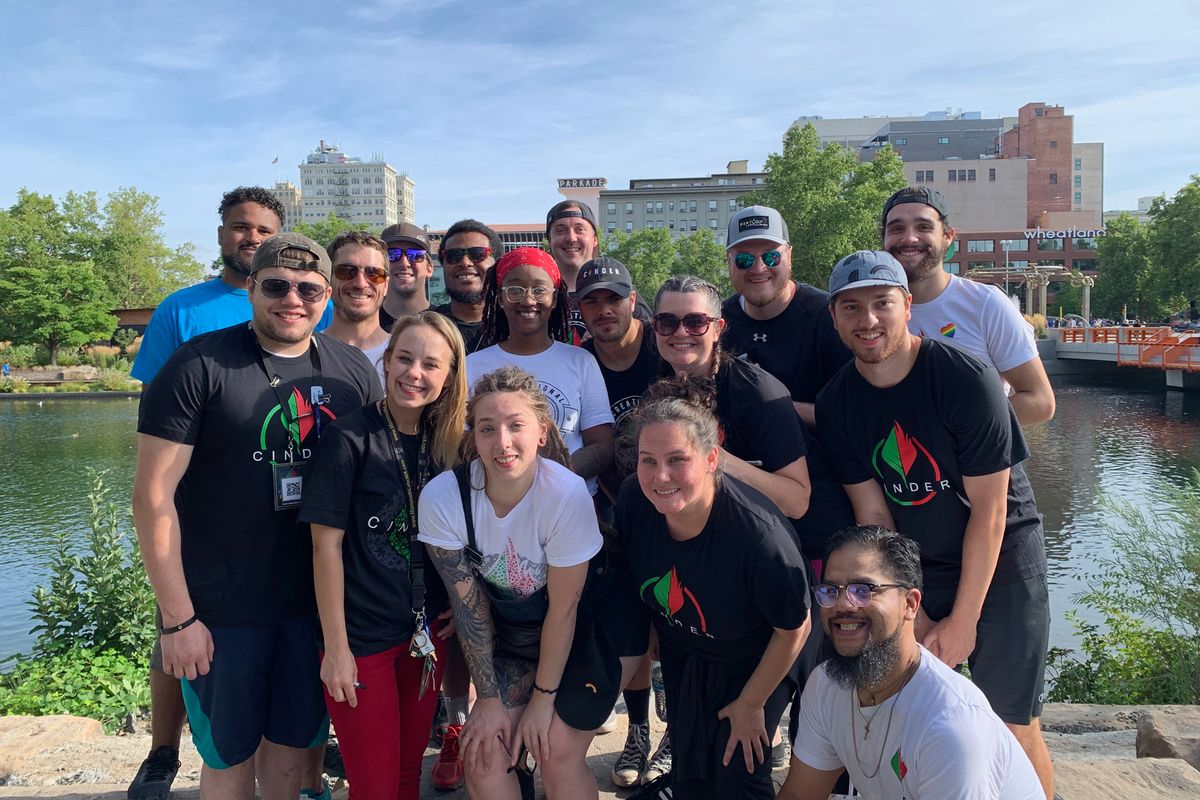Season of giving: Cannabis companies face challenges when donating

Cannabis entrepreneurs face an interesting challenge especially this time of year: They have money to donate, but are hard-pressed finding someone happy to take it.
While non-profit organizations depend on their local communities to reach deep in their pockets, many aren’t willing or able to accept donations from the legal cannabis industry.
“A lot of it has to do with other people they’re working with not being in support of cannabis, such as larger beneficiaries, and also because [cannabis] being federally illegal, it’s a liability to accept,” said Becca Dietz, operations manager of Cinder in Spokane. “We have a huge desire to work with local organizations and support our community as effectively as we can. But there are a lot of people who don’t want our money.”
While public perception certainly plays a big role in the hesitance of some non-profits, the bigger roadblock for many of them is the grey area of what they can and cannot do with these funds and the financial risks they may face if they choose to accept cannabis money.
If a non-profit isn’t federally funded, though, it may just come down to the non-profit simply figuring out their own donation policies.
Gordon Coombes, executive director of Team Fort Collins Responsible Association of Retailers, said the Colorado nonprofit began updating its policies surrounding marijuana donations a year ago and now actively accepts donations from the industry. But Coombes is extremely careful keeping those funds separate from any other donations.
The program, which uses secret shoppers to make sure tobacco, marijuana and alcohol retailers keep drugs and alcohol out of the hands of youth, has accepted nearly $9,000 in donations from marijuana retailers. However, those donations are separate from all other revenue in its bank account and are only used for “hard costs,” like materials.
Any materials purchased with marijuana funds are then marked with a special sticker. This way, if the federal government ever changes its approach, they could easily identify and seize funds that came from the marijuana industry, while leaving other donations untouched.
Coombes’ advice to other nonprofits considering donations from the industry is to just be careful.
“We don’t know what the feds are going to do related to that funding,” Coombes said. “Just be wise and try to be forward-thinking in how you handle those funds.”
While monetary donations come with a lot of risk however, some cannabis businesses that want to donate their time, something that is often welcomed.
“We really love getting together as a group and investing where we live,” said Dietz. “While we’ve had a lot of people say no to us, we’ve had a few people say yes and those few relationships are so important to us.”
One of those “yes” responses came from Unity in the Community. Cinder staff has volunteered their time for the past couple of years helping out with the nonprofit’s annual festival at Riverfront Park. Cinder also just put on its own gala, “Unity in Our Community,” bringing together the cannabis community for a night benefiting the nonprofit.
“It was cool for them to see our cannabis community come together to support cultural cooperation, which is what they’re all about,” said Dietz. “We really love our relationship with them, but would like to expand our [outreach] horizons, as well.”
Renee Sande has been a freelance writer for 12 years, covering the gamut from real estate to bridal to travel and now cannabis. A Spokane native, Renee has two kids and loves to explore, travel, run, read and write.